We strive to provide you with authoritative, trustworthy, and expert advice. In doing so, the staff at clouddropout.com performs extensive research, editing, and fact checking to every post on this webiste. If you feel that this article can improve, please feel free to reach us at staff@clouddropout.com
Before continuing this article, I wanted to let you know that I have a Youtube Channel where I showcase all sorts of video content related to Tech. Subscribing would mean a lot to me, and I very much appreicate all the support!
In this article, we will be talking about whether you can charge a Rivian with a Tesla charger at a Tesla station, with a Tesla home charger, while highlighting what charging stations Rivian uses and exploring the similarities and differences between the Rivian charging network and Tesla.
Can you charge a Rivian with a Tesla charger?
No, the Rivian charging network is not compatible with the Tesla Supercharger network.
There are a few reasons why you cannot charge a Rivian with a Tesla charger.
The first reason is that Rivian uses a different type of charging port than Tesla.
Rivian uses a standard J1772 connector, while Tesla uses a proprietary connector.
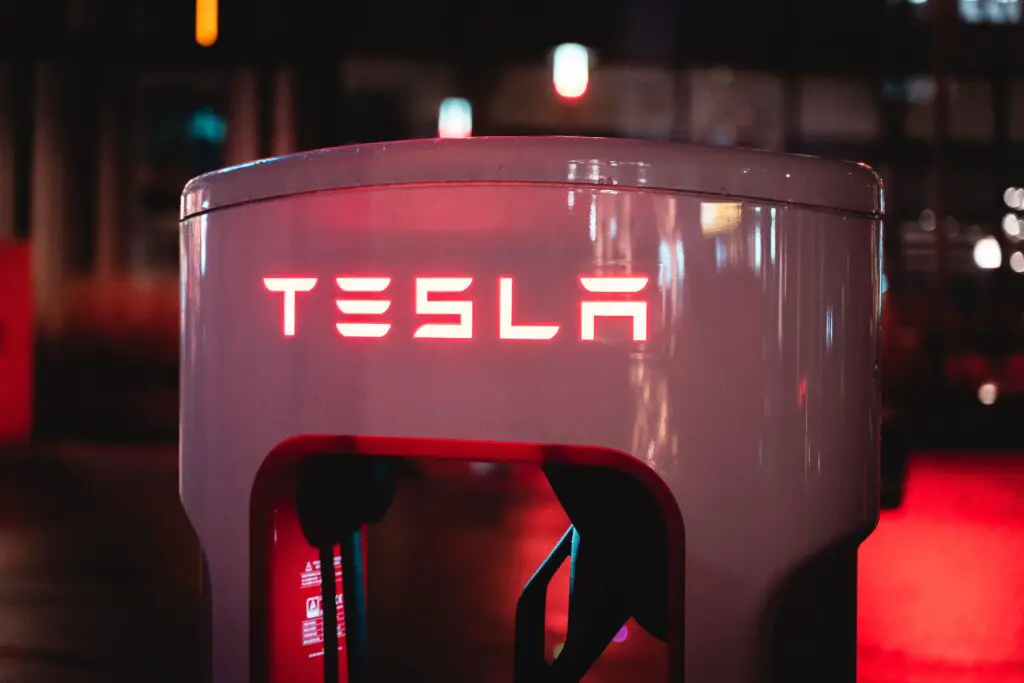


This means that the two types of chargers are not compatible with each other.
Even if you were able to physically connect a Tesla charger to a Rivian, it would not work because the two chargers use different protocols.
The second reason why you cannot charge a Rivian with a Tesla charger is that Rivian’s charging system is not compatible with Tesla’s Supercharger network.
Rivian has its proprietary charging network, which is not compatible with Teslas.
Overall, there are several reasons why you cannot charge a Rivian with a Tesla charger.
The two main reasons are that the two types of chargers are not compatible with each other and that Rivian has its own proprietary charging network.
Can you charge a Rivian at a Tesla station?
The Rivian charging network is not compatible with the Tesla Supercharger network.
The two networks use different plugs (CCS Combo 2 for Rivian, and Chademo/Supercharger for Tesla) and therefore, you cannot charge a Rivian at a Tesla Supercharger station.
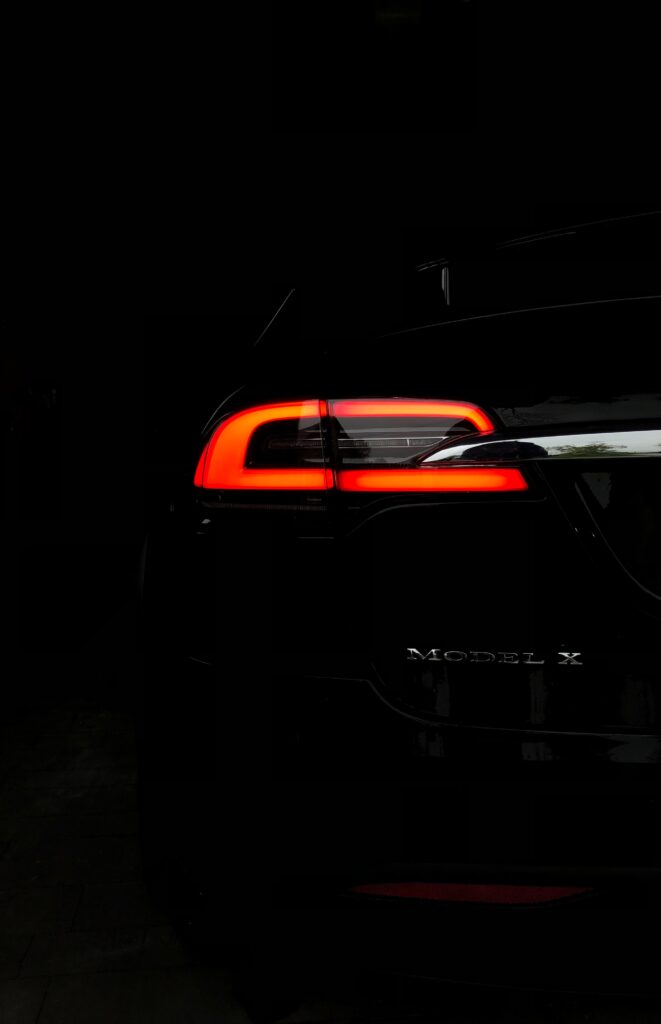


There are a few adapters on the market that would allow you to charge a Rivian at a Tesla Supercharger station, but we do not recommend them as they are not officially supported by either Rivian or Tesla and could potentially damage your vehicle.
Can you charge a Rivian on a Tesla home charger?
No, you can not charge a Rivian with a Tesla home charger.
The main reason you can’t charge a Rivian with a Tesla home charger is that the Rivian uses a different charging standard.
The Rivian uses the Combined Charging System (CCS) while Tesla uses their proprietary system, so the two are incompatible.
Even if you could physically connect the two chargers, they wouldn’t be able to communicate with each other.
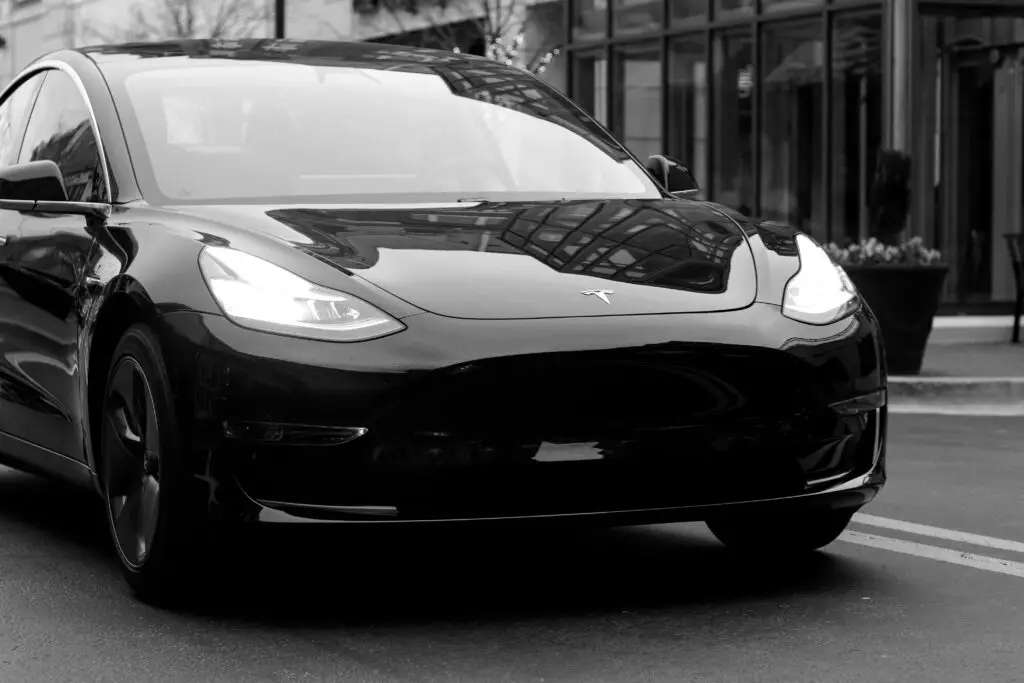


There are a few aftermarket adapters that claim to allow Rivians to use Tesla chargers, but we can’t vouch for their efficacy or safety.
We recommend only using charging equipment that is specifically designed for your vehicle.
What charging stations does Rivian use?
Rivian uses the Combined Charging System (CCS) for their electric vehicles.
This standard is used by many different automakers, so there is a variety of CCS charging stations available.
The Rivian R1T and R1S come with an 11kW home charger that can charge the vehicles in about 9 hours.
For faster charging, Rivian has partnered with Electrify America to provide Level 3 DC fast chargers.
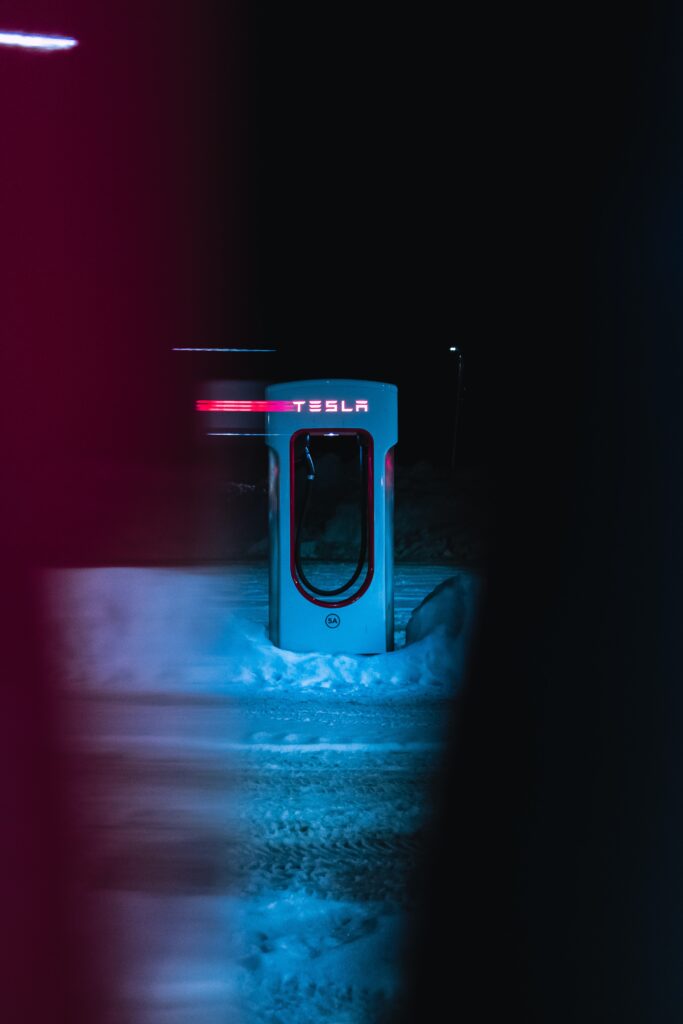


These chargers can charge the R1T in about 54 minutes and the R1S in about 45 minutes.
Rivian charging network vs Tesla
There are many similarities and differences between the Rivians charging network and the Teslas charging network.
Rivian’s charging network will be similar to Tesla’s in that it will be built out of a combination of destination chargers (at locations like hotels, restaurants, and grocery stores) and Superchargers (high-speed charging stations designed for long-distance travel).
However, there are a few key differences between the two.
First, Rivian’s chargers will be capable of delivering up to 200kW of power, while Tesla’s Superchargers are currently limited to 120kW.
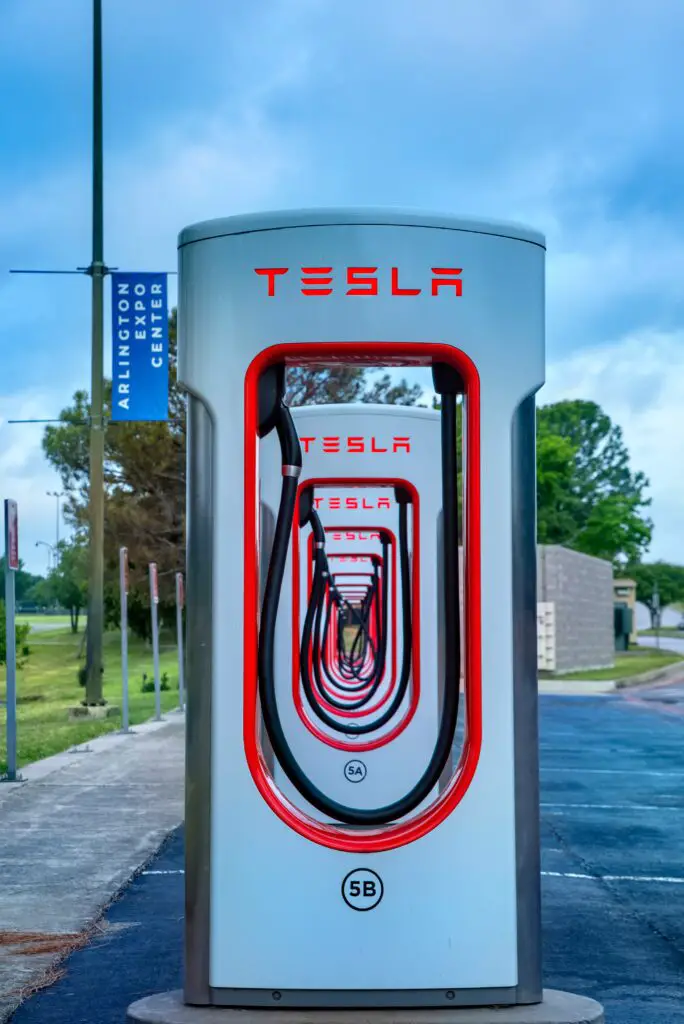


This means that Rivian’s cars will charge much faster than Tesla’s, which is important for long-distance travel.
Second, Rivian’s charging network will be open to all electric vehicles, not just Rivian’s own.
This is in contrast to Tesla’s Supercharger network, which is only accessible to Tesla cars.
Finally, Rivian has said that it will not charge for access to its charging network, while Tesla currently charges a fee for use of its Superchargers.
Final thoughts
In conclusion, Rivian and Tesla charging networks are not compatible with each other.
The two main reasons for this are that the chargers use different plugs and that Rivian has its own proprietary charging network.
There are a few adapters on the market that would allow you to charge a Rivian at a Tesla Supercharger station, but we do not recommend them as they are not officially supported by either Rivian or Tesla and could potentially damage your vehicle.
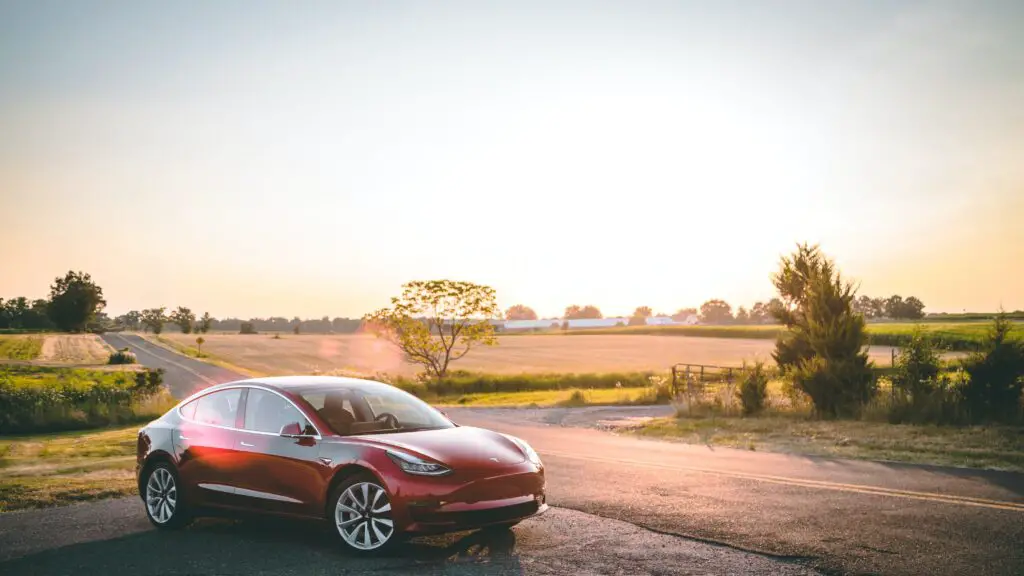


Home chargers for Tesla cars also will not work to charge a Rivian car.
The best way to charge a Rivian is with one of their 11kW home chargers or a Level 3 DC fast charger from Electrify America.
Rivian’s network is open to all-electric vehicles and they have said that they will not charge a fee for access to their chargers, in contrast to Tesla’s supercharger network.
This article has covered whether you can charge a Rivian with a Tesla charger, at a Tesla station, with a Tesla home charger, while also highlighting what charging stations Rivian uses and exploring the similarities and differences between the Rivian charging network and Tesla.
